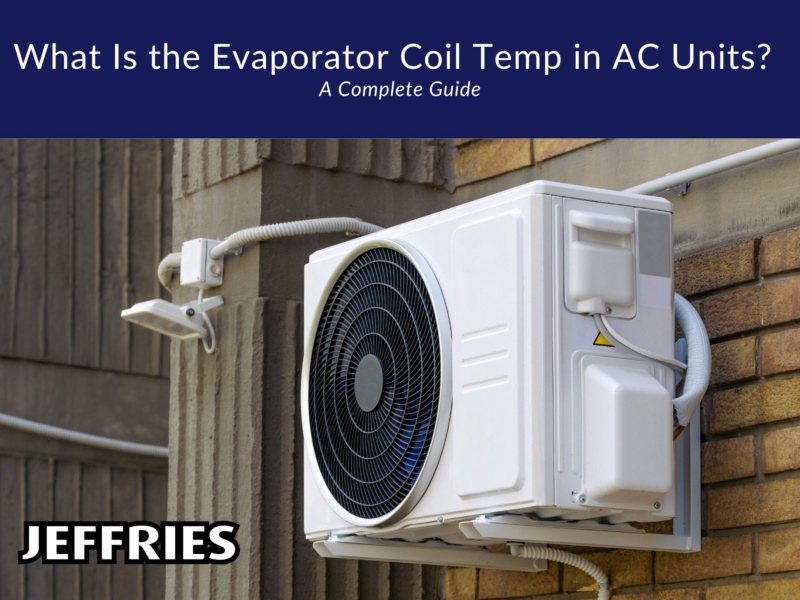When your air conditioning system isn't cooling properly, understanding the evaporator coil temperature in AC units can help you identify potential problems. The evaporator coil plays an important role in your cooling system, and its temperature directly affects your comfort and energy bills.
What Does an AC Evaporator Do?
Your air conditioning system relies on the evaporator coil to absorb heat from your indoor air. What does an AC evaporator do exactly? It contains refrigerant that evaporates as warm air passes over the coil, effectively removing heat and humidity from your home or business. This process is essential for creating the cool, comfortable air that circulates through your space.
The evaporator coil works in conjunction with your system's condenser coil to complete the refrigeration cycle. As refrigerant flows through the evaporator, it changes from a liquid to a gas, absorbing thermal energy in the process.
Where Are the Evaporator Coils on an AC Unit?
Many homeowners wonder where the evaporator coils on an AC unit are located. In most central air conditioning systems, you'll find the evaporator coil inside your indoor air handler or furnace unit. It's typically positioned above or adjacent to your furnace blower, housed within the indoor unit's cabinet.
For window units and mini-split systems, the evaporator coil sits behind the front panel on the indoor side of the unit. The coil appears as a series of thin, finned metal tubes through which refrigerant flows.
Understanding Normal Evaporator Coil Temperature
The evaporator coil temperature varies depending on several factors, including outdoor temperature, humidity levels, and system efficiency. Generally, the coil surface temperature ranges between 32°F and 50°F during normal operation. This range represents optimal performance.
However, the exact temperature depends on your system's refrigerant type, airflow rate, and cooling load. Professional HVAC technicians use specialized gauges and thermometers to measure these temperatures accurately during maintenance visits.
What Causes an AC Evaporator To Freeze Up?
Understanding what causes an AC evaporator to freeze up helps prevent costly repairs and system downtime. Several factors can lead to frozen evaporator coils:
-
Restricted airflow from dirty air filters, blocked vents, or malfunctioning blower fans reduces heat transfer, causing coil temperatures to drop below freezing.
-
Low refrigerant levels due to leaks prevent proper heat absorption, leading to ice formation on the coil surface.
-
Dirty evaporator coils accumulate dust and debris that insulates the coil, reducing its ability to absorb heat effectively.
-
Thermostat issues can cause your system to run continuously, overwhelming the coil's capacity to absorb heat.
When evaporator coils freeze, you'll notice reduced cooling performance, ice formation around the indoor unit, and potentially water damage from melting ice.
Professional HVAC Service You Can Trust
Regular maintenance helps ensure your evaporator coil operates at optimal temperatures year-round. If you're experiencing cooling problems or suspect evaporator coil issues, don't wait for things to get worse. Contact us today for expert HVAC service from Jeffries Plumbing Heating and Air, proudly serving Lamar, Missouri, and the surrounding areas.
